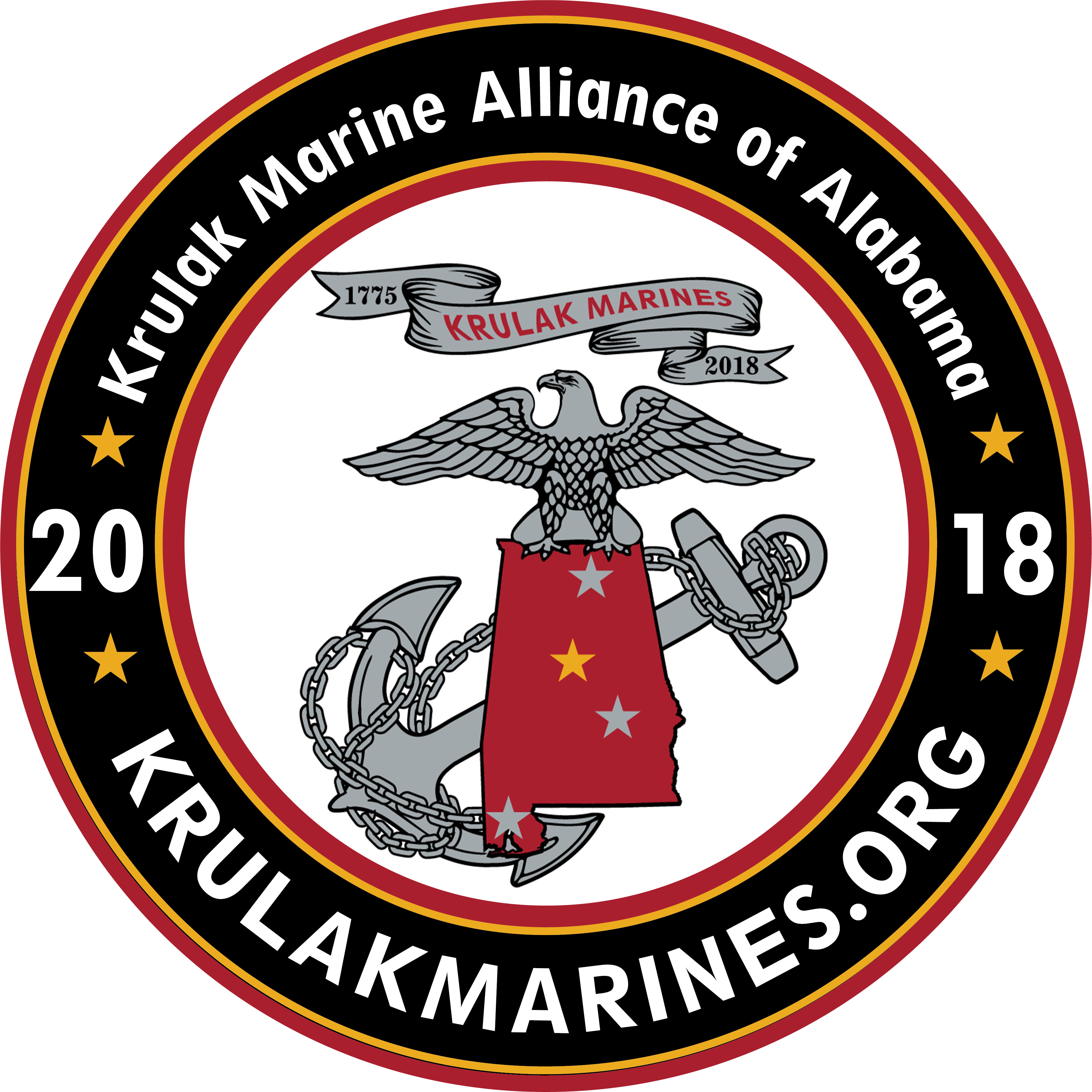Every Three Days an Alabama Veteran Dies by Suicide
- Act Now… Press or Dial 988 and Press 1 to speak with someone who cares about you!
- Start a confidential online chat session at VeteransCrisisLine.net/chat
- Send a text message to 838255 to connect to a VA crisis responder
- If you or a Veteran you know is in crisis, find a facility near you
- Visit MilitaryCrisisLine.net if you are on Active Duty, Reserve, or Guard
- Connect through chat, text, or TTY if you are deaf or hard of hearing
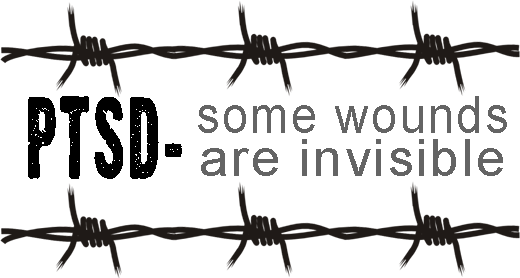
Post-Traumatic Stress Disorder (PTSD) is a mental health condition that’s triggered by a terrifying event — either experiencing or witnessing it.
Symptoms may include flashbacks, nightmares and severe anxiety, as well as uncontrollable thoughts about the event.
To learn more about PTSD, click on the photo for VA PTSD, or the PTSD button for the Mayo Clinic information.
When One Suffers, Do We Not All Suffer?
PTSD symptoms may start within one month of a traumatic event, but sometimes symptoms may not appear until years after the event.
These symptoms cause significant problems in social or work situations and in relationships. They can also interfere with your ability to go about your normal daily tasks.
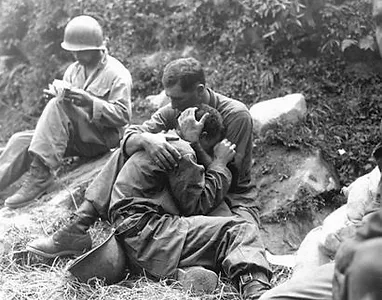
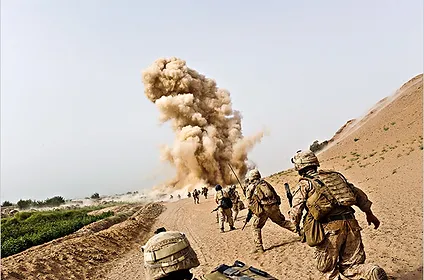
Brain injuries do not heal like other injuries. Recovery is a functional recovery, based on mechanisms that remain uncertain. No two brain injuries are alike and the consequence of two similar injuries may be very different. Symptoms may appear right away or may not be present for days or weeks after the injury.
One of the consequences of brain injury is that the person often does not realize that a brain injury has occurred!
Traumatic Brain Injury often referred to as TBI, is most often an acute event similar to other injuries. That is where the similarity between traumatic brain injury and other injuries ends.
One moment the person is normal and the next moment life has abruptly changed. In most other aspects, a traumatic brain injury is very different. Since our brain defines who we are, the consequences of a brain injury can affect all aspects of our lives, including our personality. A brain injury is different from a broken limb or punctured lung. An injury in these areas limit the use of a specific part of your body, but your personality and mental abilities remain unchanged. Most often, these body structures heal and regain their previous function.
Centers for Disease Control and Prevention (CDC) defines a traumatic brain injury (TBI) as a disruption in the normal function of the brain that can be caused by a bump, blow, or jolt to the head, or penetrating head injury. Everyone is at risk for a TBI, especially military personnel, children and older adults.
CDC’s research and programs work to prevent TBIs and help people recognize, respond, and recover if a TBI occurs. To learn more about TBI, click on the CDC button…
There are times in life when misfortune befalls each of us, illness, unemployment, financial crisis, even the death of a loved one.
When and where possible KMAA will make a best effort to help Marines in need, and if resources permit, other Veterans and our community in general. Often KMAA works with other organizations to maximize its efforts by combining resources. We ask nothing in return except those whom we aid, help themselves by becoming engaged in their well-being and quality of life.
Individuals requesting help will be vetted to determine their actual situation and an assessment of needs before any aid is considered, approved, and allocated.
How Do I Help an Alcoholic Family Member?
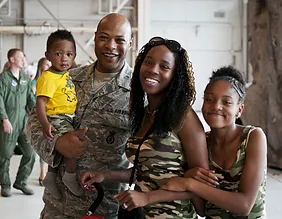
Contact KMAA for Confidential Assistance

If you or someone you know is in need of assistance, the Krulak Marine Alliance of Alabama (KMAA) is here to help. Our Vetting Officer is available to discuss your situation and assess your needs confidentially. We understand the importance of privacy and handle all requests with the utmost discretion. Whether you need emotional support, financial aid, or guidance, KMAA is committed to providing the necessary resources to improve your quality of life. To speak with our Vetting Officer, please contact us today.
Are You In a Crisis? CALL HOTLINE 988
Copyright © Krulak Marines of Alabama (KMAA) I 2024
